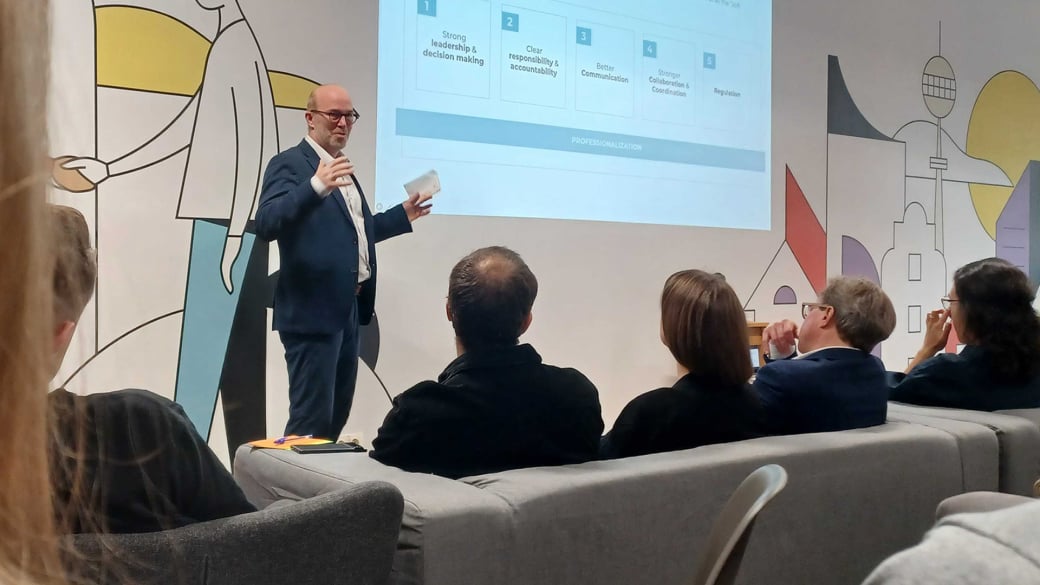
Berlin, August 30, 2025
Linea Airdrop Craze Hits European Startups: What’s the Real Cost?
The allure of linea airdrop schemes—where startups receive "free" tokens or capital in exchange for adoption—has swept through Europe’s tech scene like wildfire. From Berlin to Lisbon, founders are bombarded with pitches promising instant liquidity, often tied to blockchain projects or "ecosystem growth" initiatives. But economists and legal experts warn that the fine print reveals a far riskier proposition. "These aren’t gifts; they’re debt in disguise," explains a Frankfurt-based venture lawyer. "The moment you accept, you’re locked into someone else’s roadmap."
Early adopters are already feeling the sting. A Berlin fintech, which took a linea airdrop from a now-collapsed DeFi platform, faces regulatory scrutiny over "unregistered securities" tied to the tokens. Meanwhile, liquidity traps—where startups can’t offload tokens without crashing their value—have left others stranded. "We thought it was a marketing boost," admits one founder. "Now we’re stuck holding worthless tokens while our burn rate skyrockets." The phenomenon has grown so pervasive that Germany’s financial watchdog, BaFin, is drafting guidelines to classify certain linea airdrop models as "predatory financing."
Yet the craze persists, fueled by FOMO and a tight funding market. "Desperation makes people blind," says Jonas Karolzyk, founder of Linea Today. "When linea news hypes ‘free money,’ ask who’s really paying—and how." His advice? Treat linea airdrop offers like a loan: "If you wouldn’t take it from a bank, don’t take it from a whitepaper."